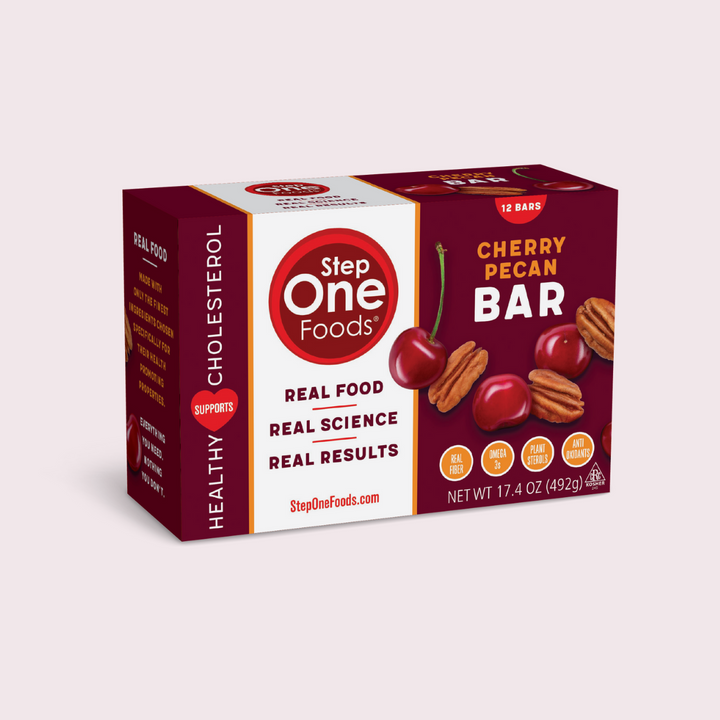Decoding the surprising link between high HDL and increased dementia risk in seniors

When considering cardiovascular health, high-density lipoprotein (HDL) cholesterol has long been hailed as the "good cholesterol" due to its role in removing cholesterol from the bloodstream and reducing the risk of heart disease. However, a recent study published in the Lancet Regional Health - Western Pacific has uncovered a surprising connection between very high levels of HDL and an increased risk of dementia in older individuals.
The study's findings
Over a period of more than six years, researchers tracked 18,668 participants aged 65 and older, all initially in good physical and cognitive health. Astonishingly, the study revealed a 27 percent increased risk of developing dementia in individuals with very high levels of HDL cholesterol, challenging the conventional belief in the universal benefits of HDL elevations.
But before we all panic, let's remember this is one study and it's significance needs to be put in perspective.
Defining healthy HDL levels
First, it’s essential to understand what constitutes healthy HDL levels for adults. Typically, an HDL level of 40 mg/dL or higher is considered healthy for men, while women are advised to maintain levels of 50 mg/dL or higher. Levels lower than this have been consistently associated with higher heart disease risk. Having said that, other studies have shown that very high HDL in men (but not women) as associated with less favorable heart outcomes as well.
In this study, (and as it relates to heart risk in men) very high levels of HDL were defined as 80 mg/dL or higher. HDLs in this range are unusual in the general population, especially in men and in older individuals.
Understanding what other factors were considered
The researchers accounted for traditional dementia risk factors such as physical activity, alcohol intake, education, diabetes, and smoking, as well as some genetic markers but still found an independent association between elevated HDL levels and an increased risk of dementia. One imortant caveat here is that alcohol intake was self-reported so may not have been entirely accurate. Note that high alcohol conusmption (which is not good for the brain) can raise HDL and this may have been a hidden confounder in the data.
Those aged 75 or older with high HDL levels were even more likely to develop dementia during follow-up than than similarly aged participants with normal HDL levels or younger participants - but some of this is explained by the fact that older people are at higher risk of experiencing cognitive decline to begin with.
Why healthy HDL is still important
Healthy HDL levels remain a good goal. They typically signal better overall cardiometabolic health and getting them into the healthy range is absolutely desirable, especially since low HDL is a clear marker of higher heart disease risk. It's just that studies such as these point to the limitations of considering higher and higher HDLs as always being better and better ad inifinitum.
While the study sheds light on the unexpected correlation between high HDL levels and dementia risk, researchers admit that the precise mechanisms behind this link remain unclear. In fact the correlation might not even have anything to do with HDL itself but rather some process that high HDL is signaling. At this point we just don’t know. However, one thing that is known is that correlation is NOT the same as causation. Further studies are required to try to unravel the connection.
As I see it, HDL may be discussed as “good” cholesterol as it’s the form that’s being removed from the body… but it’s still cholesterol. And maybe what’s happening is that very high HDL levels in men and older individuals signal a problem with the removal process itself. And the cholesterol has to go somewhere...
Regardless - whether you are old or young, male or female - understand that high HDL is not infinitely protective and certainly does not make up for a high LDL - for the heart or for the brain. Each cholesterol particle needs to be assessed on its own merit and within the context of individualized clinical circumstances and care.
By the way, in our study, we saw small increases in HDL as a result of people using Step One Foods (as would be expected with improving metabolic health) but no massive changes that reached statistical significance. That used to be disappointing to me. As more of this type of data emerges, I'm realizing that might have been the ideal outcome.

Try our Newest Bar!
Cherry Pecan Bar
Discover the perfect harmony of cherries and pecans in our Cherry Pecan Bar. Montmorency cherries, renowned for their antioxidant and anti-inflammatory properties, are combined with premium pecans to create a delicious blend of sweet, tart, and nutty flavors. Packed with white chia seeds, flax, and walnuts, this bar offers more than just taste—it's a superfood-filled snacking option. Our Cherry Pecan Bar is the perfect choice, whether you're on the go or seeking a nourishing treat.
Get heart health tips and articles like this, delivered right to your email.
New articles every week.
You may also like...

You don’t need to avoid foods with cholesterol…except for these




